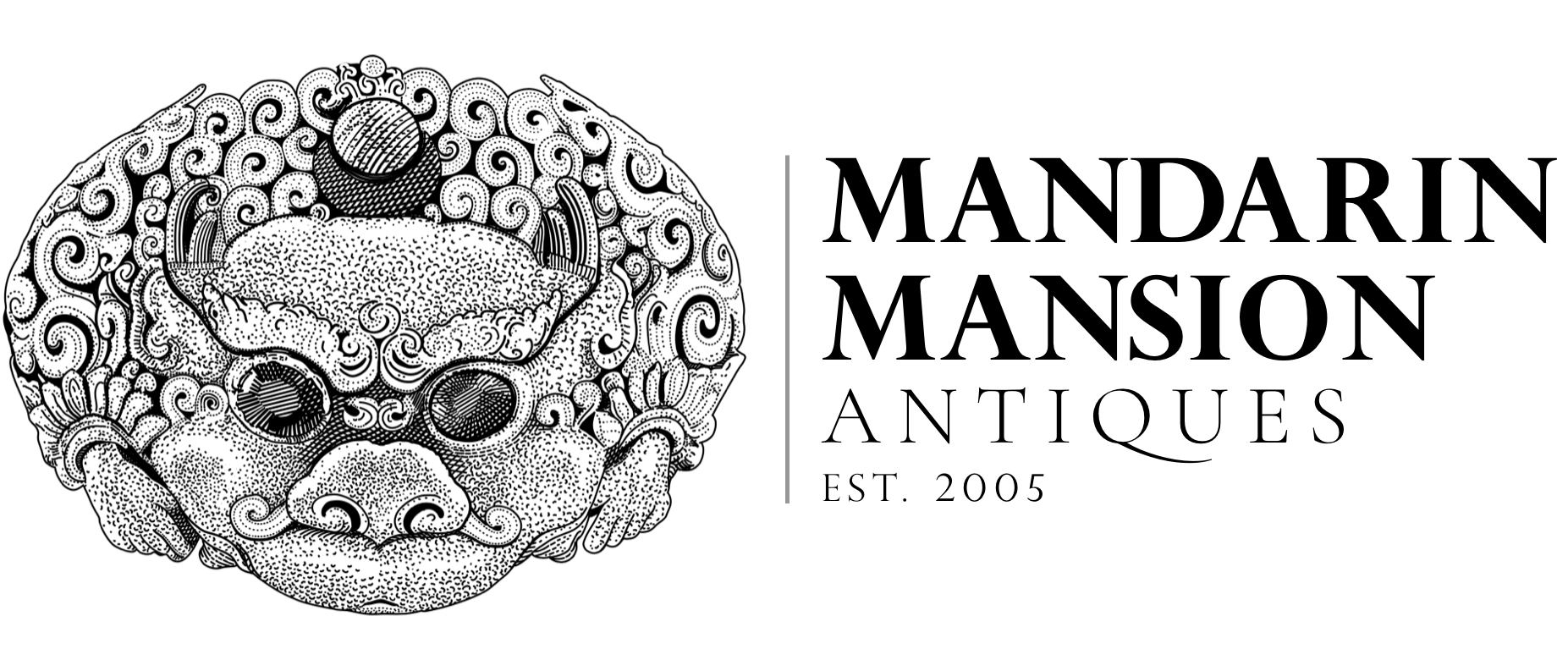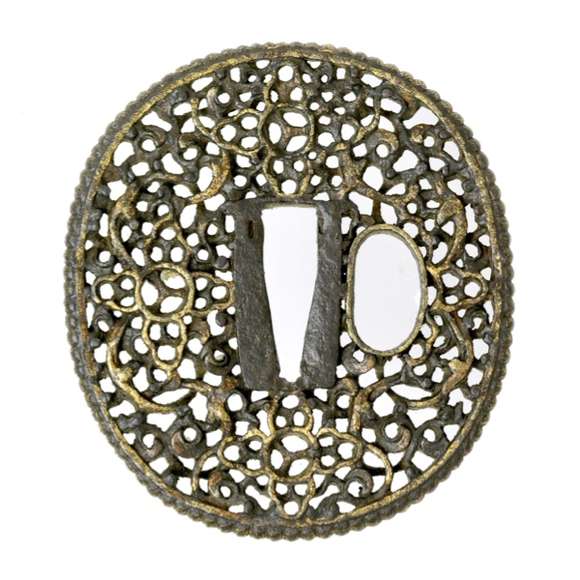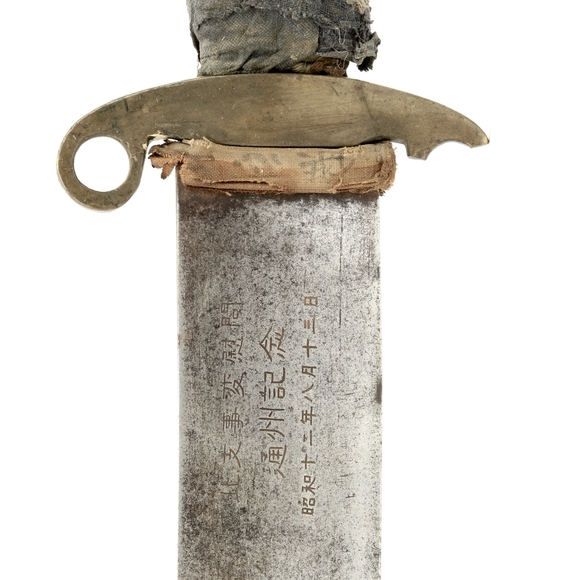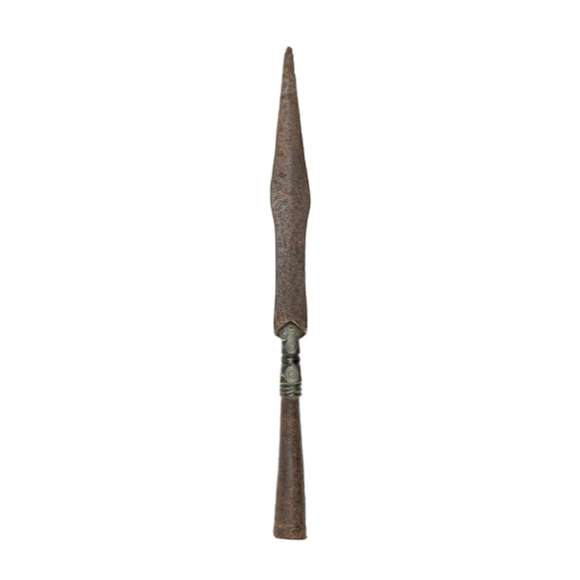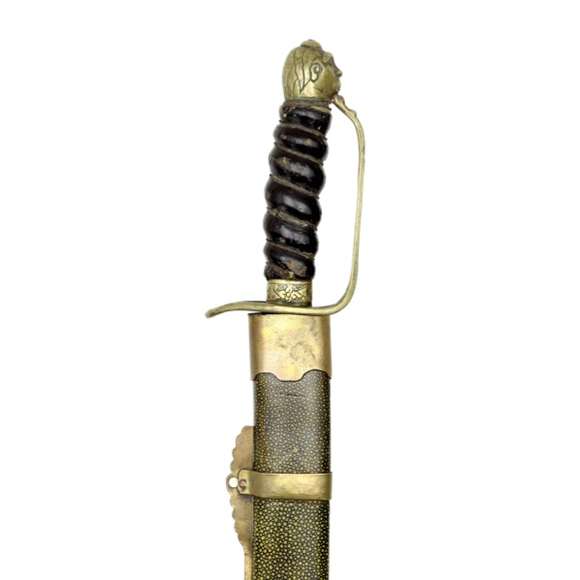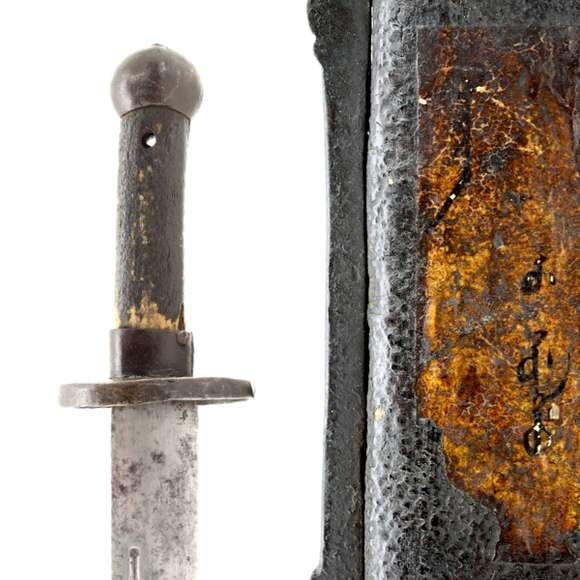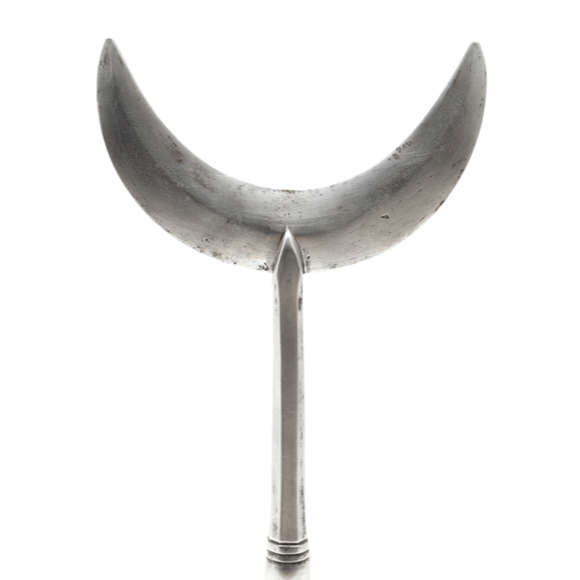Language: Mandarin Chinese
Description
Pī jiàn (鈚箭) is an alternative writing of pī jiàn (披箭), the name of a class of broadhead arrows.
The term was introduced in the 18th century by the Qianlong emperor in the Huangchao Liqi Tushi (皇朝禮器圖式), or "Illustrated Regulations on the Ceremonial Paraphernalia of the Dynasty".
A recurring theme in this work is legitimizing Manchu rule by looking for references to elements of traditional Manchu culture in classical Chinese texts. By making a link to arrows used in the past, it is like the Qianlong emperor is trying to say: "You see, we are not so different from your previous rulers."
For more information, see: pī jiàn (披箭).
References
Huangchao Liqi Tushi (皇朝禮器圖式), or "Illustrated Regulations on the Ceremonial Paraphernalia of the Dynasty", Palace Edition of 1766 (British Library, 15300.e.1). By Pu Jiang et al., eds. This version is based on a manuscript of 1759.
